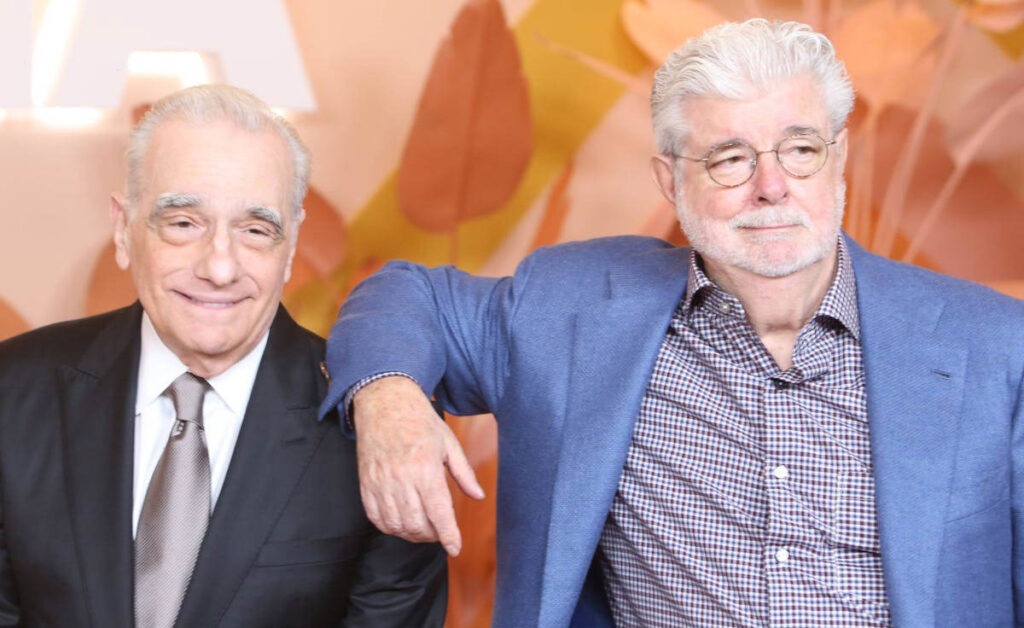Five years after his notable criticism of the Marvel Cinematic Universe (MCU) and superhero films, Martin Scorsese may have softened his stance, according to George Lucas. Marvel movies, known for their box-office success and widespread appeal, were famously dismissed by Scorsese in 2019 when he remarked, “I don’t think [Marvel movies are] cinema.” Recently, Lucas addressed this issue at the Cannes Film Festival, offering a fresh perspective on Scorsese’s views.
Lucas, the visionary behind Star Wars, mentioned that Scorsese might have reconsidered his position on Marvel films. Speaking at Cannes (via World of Reel), Lucas stated:
“Cinema is the art of a moving image. So if the image moves, then it’s cinema. I think Marty has kind of changed his mind a little bit.”
While Lucas’s comments do not indicate a complete reversal, they suggest a shift in Scorsese’s perception. This is particularly notable given the longstanding debate sparked by Scorsese’s initial remarks. Lucas’s defense of Marvel films is interesting, considering the similarities between the MCU’s sci-fi action movies and the Star Wars prequels directed by Lucas. Although many interpreted Scorsese’s comments as a broad dismissal of Marvel, he has clarified that his critique was not rooted in animosity.
Understanding Martin Scorsese’s Critique of Marvel Movies
As one of cinema’s most respected directors, Martin Scorsese’s critique of Marvel movies in October 2019 garnered significant attention. In an interview with Empire Magazine, he expressed that Marvel films did not align with his vision of cinema as an art form that embraces risk. A month later, in a New York Times op-ed, Scorsese elaborated, stating that while he did not hate Marvel movies, he viewed them as primarily commercial endeavors rather than artistic ones.
Scorsese’s observations have gained relevance as the MCU faces challenges. Recent performance dips have been attributed to an overabundance of releases, driven by commercial imperatives rather than creative ones. Scorsese’s critique foreshadowed a growing dissatisfaction among MCU audiences, highlighting the tension between profit-driven filmmaking and artistic expression.
The Impact of Scorsese’s Comments and the MCU’s Future
Scorsese’s remarks came just before the launch of MCU Phase 4, a period marked by mixed reviews and perceived decline. This timing suggests a potential link between his critique and subsequent audience discontent. Other filmmakers echoed Scorsese’s sentiments, contributing to the broader discourse on the artistic value of superhero movies.
The notion of “superhero fatigue” has become more prominent, reflecting a waning enthusiasm for Marvel’s extensive output. Despite the initial backlash, Scorsese’s comments have underscored challenges within the MCU. Moving forward, Marvel’s more measured release strategy aims to address these issues, potentially revitalizing the franchise.
While Scorsese’s opinions may have seemed damaging, they also spotlighted inherent challenges faced by Marvel. As the MCU adapts and evolves, it may find a balance that honors both its commercial success and its potential for artistic innovation.
“Star Trek: Discovery” is available for streaming on Paramount+ in the U.S.



